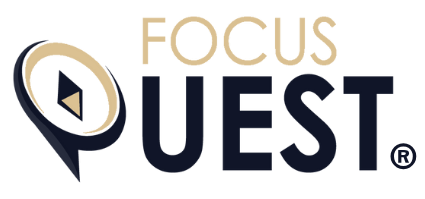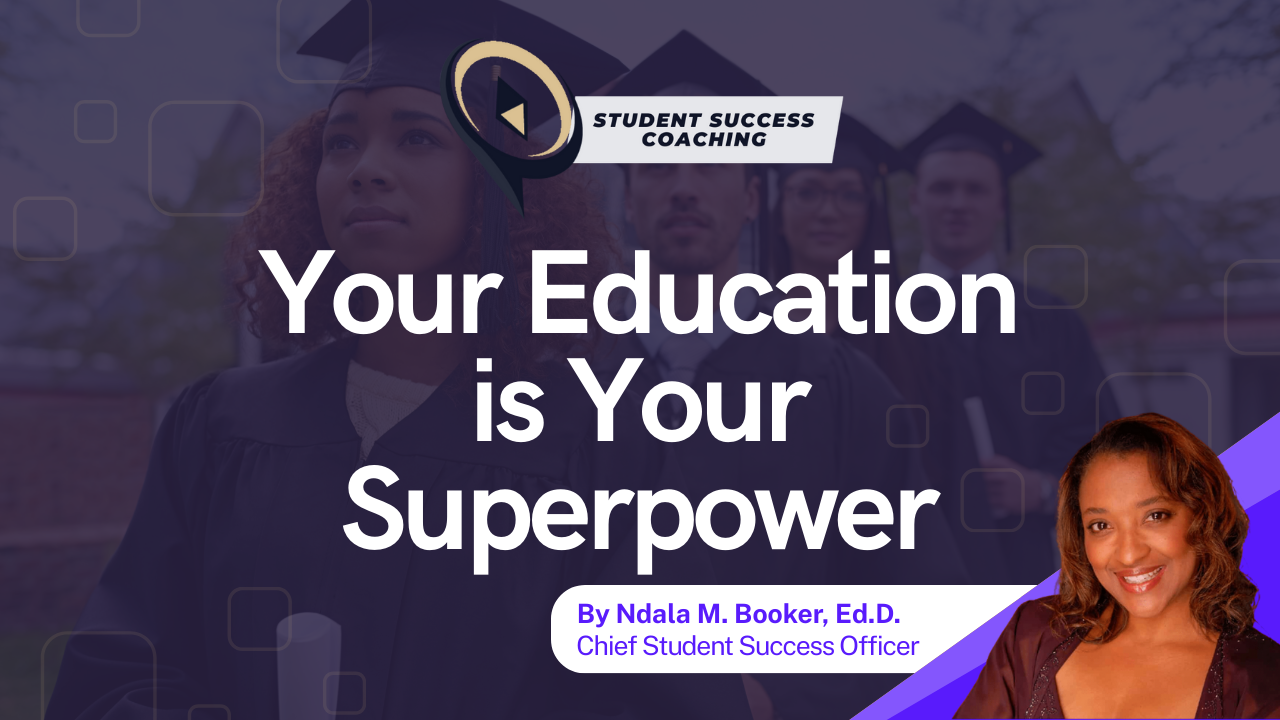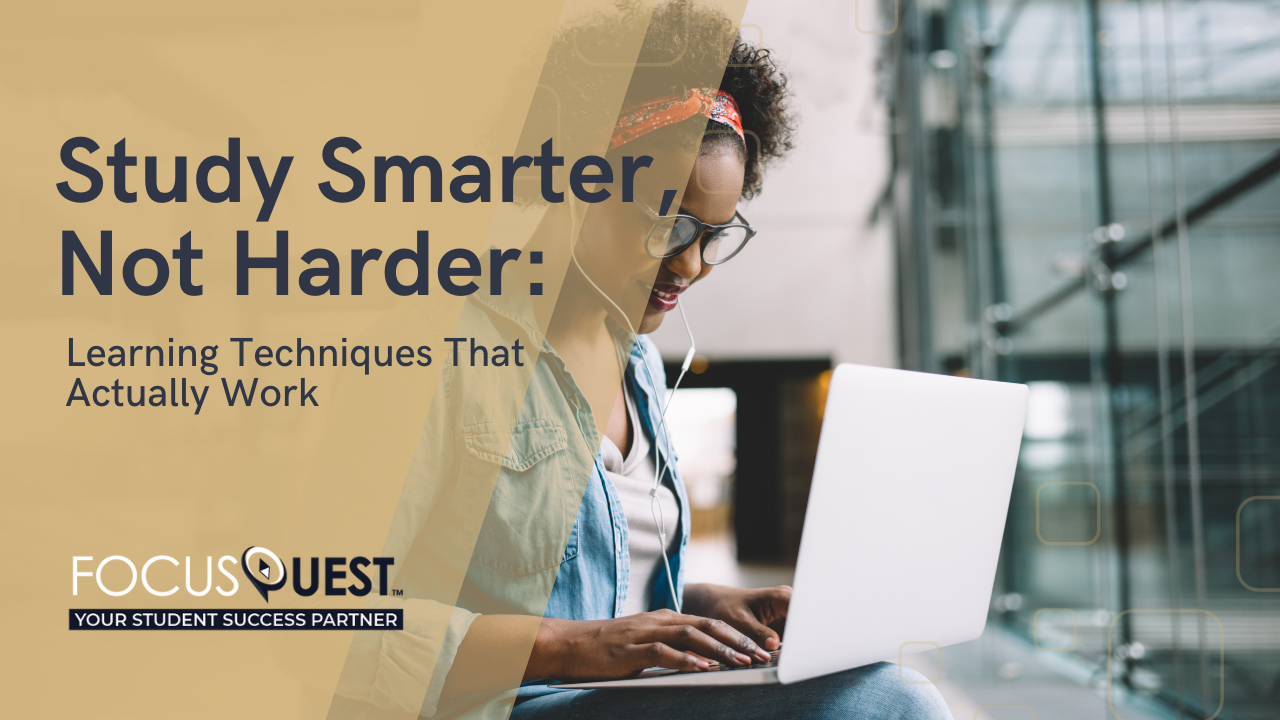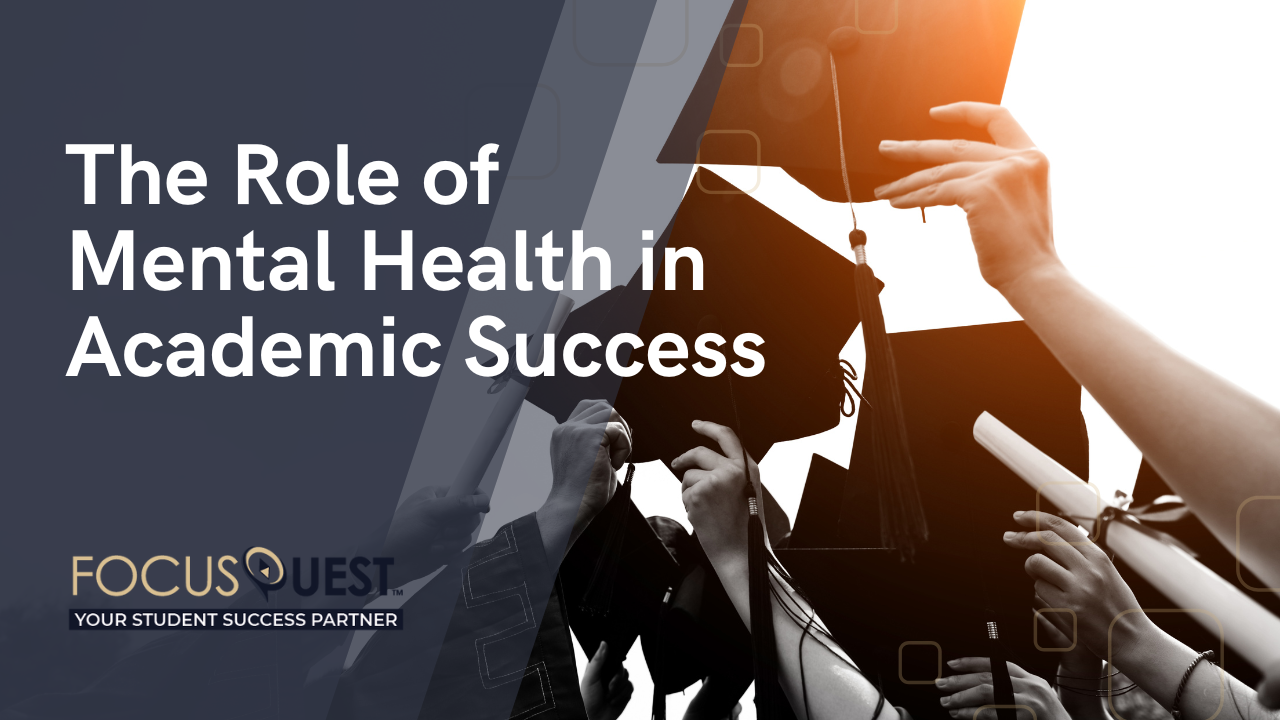Dear Students,
As Student Success Coaches, we would like to take this opportunity to reach out and communicate with you directly. We understand that your academic journey can be challenging, but please know that we are here to support you every step of the way.
We want to remind you that your success is our top priority. We are here to provide you with guidance, resources, and support to help you achieve your academic goals. Whether you need assistance with time management, study skills, or navigating the university, we are here to help.
It is important to remember that you are not alone in this journey. For this reason we have created this entry to provide you with a direct message and to be able to contact us more directly. We hope you enjoy.
Student Success Coaches
Your Education is Your Superpower
- September 3, 2025
Share on Social Media
Your presence in these halls of learning represents courage, ambition, and the promise of tomorrow. The decisions you make today about your education, the habits you develop, and the relationships you build are investments in a future that extends beyond your individual success to encompass the communities you will serve and the positive change you will create.
Let me be straight with you about something: your education is way more powerful than you might realize right now.
Sure, you’re here to get your degree and land a great job, but its more than that! What’s really happening is that your brain is getting a complete upgrade. Every challenging class and late-night study session is building your ability to tackle problems you haven’t even imagined yet.
The facts you’re memorizing today might be outdated in ten years, but learning how to think through complex problems? That skill never goes out of style.
Here’s what critical thinking really looks like: asking “What evidence backs this up?” when someone makes a claim, looking at problems from multiple angles, and being comfortable saying “I don’t know, but let me find out.”
In every class, practice asking yourself: Does this make sense? Are there other ways to look at this? These aren’t just academic exercises—they’re training for real life. The professionals who stand out aren’t just technically competent—they’re the ones who can analyze situations clearly and make smart decisions.
Let’s talk a little bit about Emotional Intelligence. College is like a laboratory for developing people skills. That frustrating group project? You’re learning project management and conflict resolution. The difficult roommate situation? You’re developing communication skills. The challenging professor? You’re building adaptability.
Pay attention to these experiences. Notice how you handle stress or criticism. Watch how your words affect others. The professionals who excel in their fields connect with people, manage emotions under pressure, and build strong working relationships.
Embrace the Challenge
College is supposed to be challenging. When you’re struggling with difficult concepts, that’s not a sign you don’t belong here—that’s your brain growing. Don’t just aim to survive your classes—dive in. Ask questions. Go to office hours. The more actively you engage, the more you’ll get out of it.
Your education isn’t just about you. There is a ripple effect that happens when you educate yourself. Every skill you develop strengthens your entire community. When you succeed, you create pathways for others. The communities that supported you getting here deserve your best effort, and the communities you’ll serve are counting on you to bring both competence and character to your work.
As you move forward, remember that your journey through higher education is preparing you for more than a career—it’s preparing you for leadership and making a difference in the world. Make this year count. Your community is cheering for you.
Dr. Ndala Booker
Chief Student Success Officer
FocusQuest





